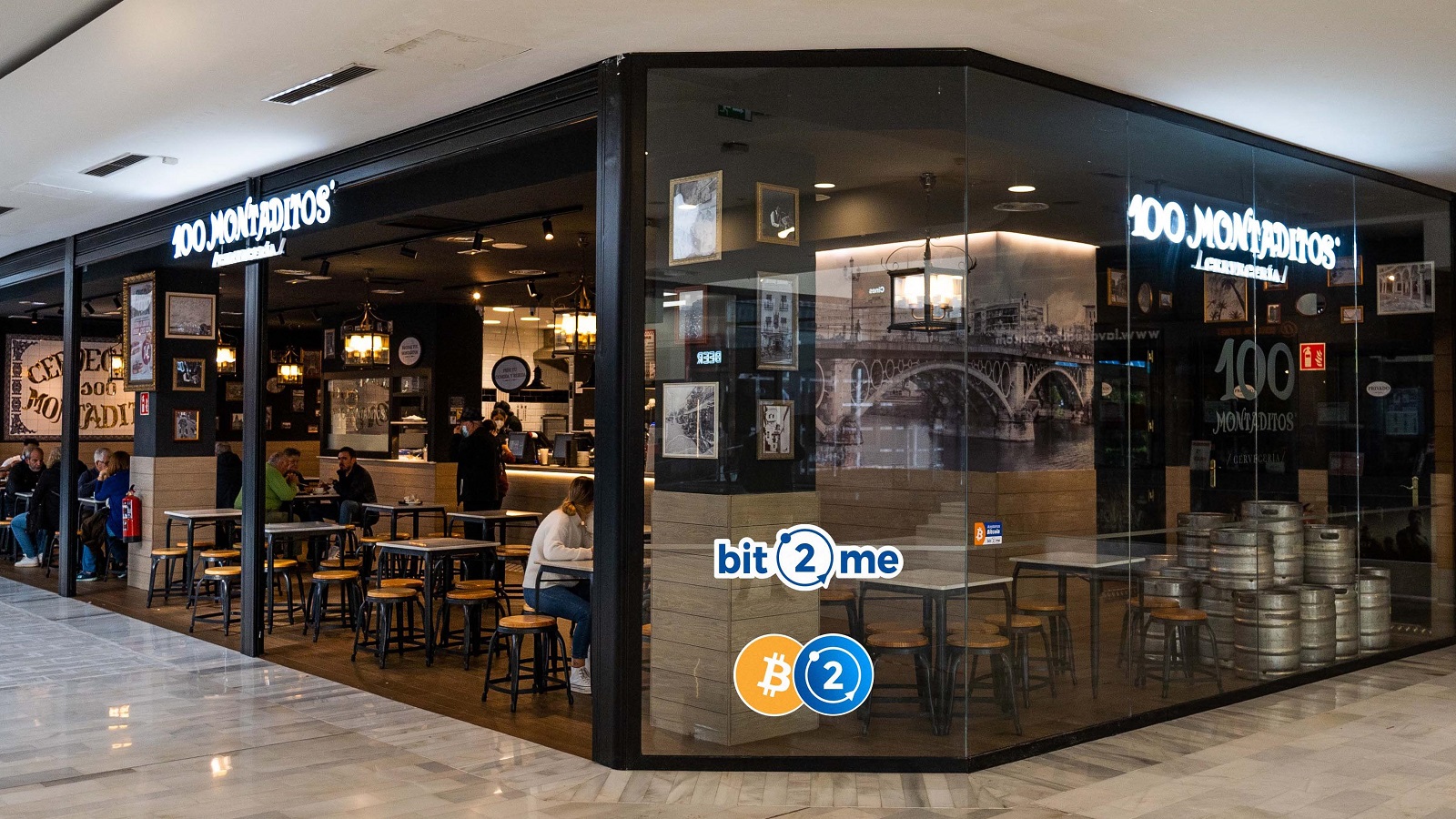
The fourth seminar of V Educational Innovation Cycledirected by Pere Marquès and sponsored by Clickedu and Qualiteasy, took place at the Alameda de Osuna School (Madrid). For the first time, a seminar of these characteristics took place in an educational center, with the aim of addressing the hottest topics of transformation from the place where they happen: the classroom. During the conference, issues related to the challenges in educational innovation faced by the sector were discussed. To this end, experts in the field were involved, as well as centers that are leaders in their fields.
During the morning, multidisciplinary experts such as Juan Domingo Farnós or Pedro Sanpedro, director of Colegio Mirasur (Pinto, Madrid), reflected on the empowerment of students and lifelong learning, which requires a critical spirit and solid values on which to grow, as well as a greater capacity for self-assessment by teachers. In this context of enhancing the teacher’s activity, Javier Iglesias and David de Frutos, directors of the Vedruna Carabanchel School, focused on inclusion and diversity, while Anabel Valera, director of REDIE, pointed out tutoring as one of the the pillars of that holistic vision of education.
GPT Chat: ally and not enemy
An education that cannot ignore the role of artificial intelligence, as Marquès and Eusebi Graners, president of Qualiteasy, indicated to the attendees. As the experts highlighted, GPT Chat is a technology that has come to stay.
The educational system must consider it as a powerful ally, which will be more and more so. Also, it was highlighted that prohibiting its use does not make any sense and it goes against the improvement of the educational system. We will live with this new technology in the same way that we have lived with all innovations, both in the educational system and in society: using them to benefit the objectives. Just as it has been done with calculators, video, computers, the Internet, digital whiteboards…
Next, the new needs of the schools were underlined by the director of the Alameda de Osuna school, Enrique Escandón, who coincided with Antonio Medina, from the UNED, when diagnosing a profound transformation at all levels. Families, a fundamental agent of this transformation, were the axis of the intervention of Dr. Begoña Ladrón de Guevara, from the University of Villanueva, with trust as a basic need.
In the same way, Javier Campos from the company Aumenta Vilanova, augmented reality expert Vortx was presented as a tool to work on this important issue in school technology projects. Attendees got to know this platform first-hand, which allows incorporating multimedia content such as images, videos or 3D models into an augmented reality experience.
The event concluded with a round table discussion with Patronicio González from Escuelas Católicas, Vidal Sánchez from CECE, Javier Iglesias from AESECE and Pedro Sanpedro from CICAE. In said round table, the strategic lines of the great agents of education in Spain were influenced. Thus, the lines of innovation that are being promoted by each association, the support provided to teachers by the association and the qualitative impact and educational effectiveness generated by these new lines of innovation were discussed.



